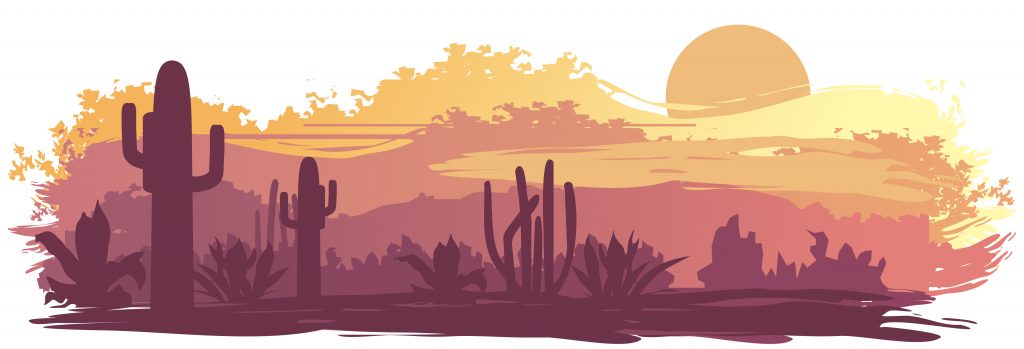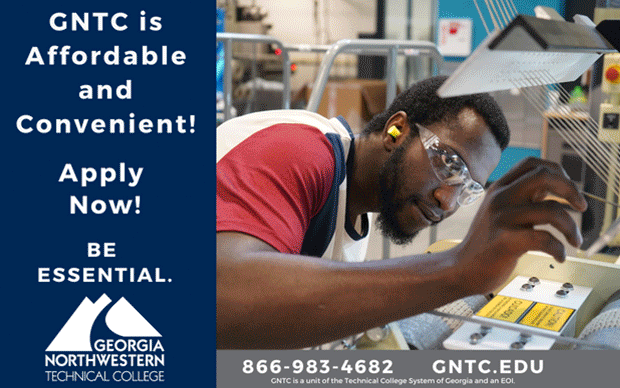
The weather was perfect for a backyard party. We gathered with friends over good food and wine, which is always the case since our host is a very skilled chef and never fails to impress us all. They had family in from Argentina, and my parents were visiting from Utah: the gathering had a cheerful note that seemed to evaporate all the years we’d spent apart—respectively. Everyone embraced each other; laughing and telling stories.
The faces gathered around the table were from Argentina, Chicago, Georgia, Utah, Puerto Rico, and Guatemala; the stories told in perfect Spanglish, and the joy explained simply in a subtle acknowledgment that “you are amongst your people.” It was on this afternoon that I learned of the true nature of my friend, Mateo. He told us the story of his journey to the United States, and it rocked me to the core. I have thought of his story many times over and wonder if we all have the potential to rise to the call when we are needed. Are some men and women made of thicker mettle than the rest?
In 1994, Mateo was just 17 when he decided to leave Playitas, Guatemala. This was his chance to escape fate. Days spent split between school and working in the fields, life in his rural village offered very little in the way change and progress, and Mateo feared he would be stuck unchanging for all his life. The trip to America would be exciting and the adventure all his. Stories of his father and brothers’ crossings whispered muted cautionary tales to his seventeen-year-old ears, all he could think was “This is my only chance.”
He packed only what he could carry in a backpack: five sets of clothes and good pair of hiking shoes. Wearing his lucky baseball cap, he kissed his mother goodbye and left on foot. Mateo walked for five hours to get to the nearest city, where he boarded a bus to the Mexican border. Mateo had a tourist visa which allowed passage as far as Mexico City. In addition to his backpack, hidden within four secret pockets sewn into the waistline and cuffs of his pants, he carried a divided $3,000 U.S. dollars. His life savings, an investment for a chance to live a life of his choosing.
In 1994, a smuggled trip to the U.S. cost $6,000.00 U.S. These days it is nearly double that amount. The expectation of payment: half is paid-up-front to “The Guides” and the remaining half paid-in-full when one reached their American destination has remained the norm for decades. “After Mexico City, everything changed. I was nervous; because my visa expired and here-on I knew I was breaking the law. Now I was at the mercy of the ‘Federales,” recalls Mateo. The federales, a slang term for the Mexican federal police have been known for corruption and routine shake downs of migrants. Mateo would become well acquainted with these “checkpoints” in which everyone was filed off the bus and required to pay cash or face immediate imprisonment and deportation.
In Senora, Mexico, Mateo and a handful of other people waited for five days in a holding house. More migrants would arrive each day to rest in the dilapidated home. It was filthy. Dirt and cement floors were strewn with sleeping bodies. There was no power, and no food. There was a feeling of restlessness as everyone anticipated the arrival of the “Coyote,” the guide paid to safely usher them safely through the desert and across the American border. The crossing is dangerous; dozens lose their lives every year. Hungry bellies and the looming threats of the desert landscape and immigration lookouts had everyone on edge.
Each migrant was examined closely when the coyote arrived. Shoes and gear checked for appropriateness—replacements given if necessary. Everyone was supplied with one gallon jug of water, eight cans of Vienna sausages, and a sleeve of crackers. These were their only provisions for the journey to America. Three days and three nights they walked: braving the cold nights and suffering hot days at a brisk pace. Thirty people, young and old, followed the coyote moving quickly and quietly to avoid detection from patrolling immigration agents.
It was the third night, and the group was out of food. Those without water carried their empty water jugs tied to their packs. The coyote was pushing the group forward at a faster pace to get them through the last four hours of night to the truck that waited for them on the outskirts of Tucson, Arizona. The coyote pressed harder, but an old man who was traveling with two teenage daughters could go no further.
The old man, who the group knew only as Carlos, had been the mayor of a small town about three hours from Mateo’s village. Carlos decided to emigrate to America after the death of his wife, but there in the cold desert night his fate and the fate of his daughters hung in the balance. The coyote would wait for no one. The risk was too great for the whole group. He demanded the old man be left behind; his daughters horror struck at the prospect of being abandoned in the wilderness. Mateo refused. “I looked at this man, I thought ‘It could be me.’” He would not leave the man behind. Hoisting Carlos over his back, Mateo carried the old man for four hours across the Arizona desert.
Straining with the extra weight, Mateo and the two girls were last to arrive to the truck. Carlos and his daughters shimmied into the front seat while the rest of the immigrants lay exhausted in the bed of the wood slatted pickup truck. Twenty-nine were packed in tight. The driver turned to Mateo and mournfully explained there was no room for him. The old man and his daughters grew hysterical demanding Mateo be given a spot, “You can’t leave him!” They cried and pulled their hair. With passengers refusing to ride without Mateo, the Coyote risked losing a large sum of money. People were shifted and layered on top of one another, and with another attempt Mateo fit snugly in the truck. Apart from his neighbors’ body odor, all he could think about was being reunited with his father and siblings after six long years apart.
Last month, I was watching a video of a powerful speech by Tim Tebow, a professional American athlete, author, and motivational speaker, in which he talked about famed photojournalist Kevin Carter and his iconic photograph The Vulture and the Little Girl. The picture was first published in 1993, giving the world a brutal image of the horrific living conditions of Southern Sudan, and African country devastated by civil war, floods, drought, and famine. The photograph is heartbreakingly powerful.
An emaciated child collapsed on her way to a nearby feeding center is stalked by a nearby waiting vulture. The image is haunting and was published by newspapers world-wide. A barrage of questions ensued; pointed at Carter regarding the child’s fate and extended to the photographer’s ethics. Questions turned to accusations. “The man adjusting his lens to take the right frame of her suffering might as well be a predator, another vulture in the scene.” (Florida Times.1993). In 1994, Carter won the Pulitzer Prize for his photograph and three months later committed suicide.
In Tebow’s speech he calls for the differentiation of a life that is successful versus a life that is significant. He clarifies a successful life is full of personal achievement, accomplishments that speak of yourself, whereas a significant life pulls the focus toward your relationship with and service of others. Carter had achieved one of the greatest honors for his work as a photojournalist; however, this success paled in comparison to the knowledge that his life was without significance. The now famous photograph will forever memorialize his inaction, his lack of agency to help and protect the suffering child.
A few months later—on the other side of the world—on that cold Arizona night when Mateo tied Carlos’ fate to his own, he chose a life of significance. Who knows if chance would have left him in the desert, the taillights of the truck vanishing into the darkness just as Mateo’s hope for a bright future dimmed? They made it. They all made it together. May we all consider in what ways we can choose a life of significance, a life dedicated to others in love, understanding, and service.









